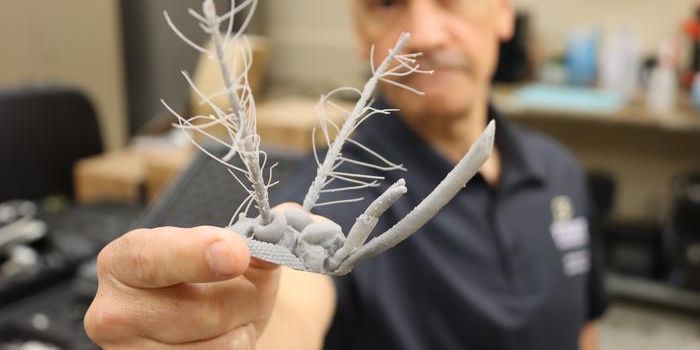Study Finds Some Corals Survived Mega-Bleaching Event
Rising ocean temperatures are dangerous for corals and the photosynthetic algae living within their tissues. The delicate, symbiotic relationship between corals and these algae—known as zooxanthellae—is damaged when ocean temperatures rise. Heat stress causes coral to purge the zooxanthellae, which is referred to as “coral bleaching.”
According to a recent study from the University of Illinois, 90% of Caribbean coral reefs will experience severe bleaching due to climate change by 2040. Additionally, within the past 30 years, coral cover throughout the Caribbean has decreased by 80%. This massive coral loss is attributed to three major coral bleaching events, the most recent of which occurred from 2014 to 2017. An article from UI regarding the study quotes scientists stating that this bleaching event was “the most severe, widespread, and longest-lasting” event on record.
However, the study referenced above, which was published last month in the Springer Nature journal Applied Sciences, revealed that some key coral species in the Caribbean survived this major bleaching event. Using information from a citizen science observation program, scientists documented 35 coral species that “remained resilient” during the 2014 to 2017 bleaching event. They also discovered that some corals that experienced bleaching recovered quickly and that some corals were healthier in 2017 than they were in 2014.
Lead author Abby Knipp stated, “Boulder-type corals on the Turks and Caicos Islands demonstrated no significant bleaching as a result of peak thermal stress in late 2015. Plate-type corals did suffer bleaching, but they quickly rebounded.”
She added that “We were surprised that apparent healing and darkening could happen so fast.” While more research is needed to explain the resilience of corals in this region, the research team suspects that ocean salinity and acidity may play a role. Additionally, the area studied has lower water temperatures than the rest of the Caribbean. The team also suspects that cool surface waters that resulted from 2017 hurricanes may have also contributed to the corals quicker recovery.
The study also reported that the citizen science tool used was an “efficient diagnostic tool in diagnosing coral reef bleaching and recovery.”
Sources: University of Illinois, Applied Sciences










